Apurva Kokate
Interpretable deep learning for guided structure-property explorations in photovoltaics
Dec 12, 2018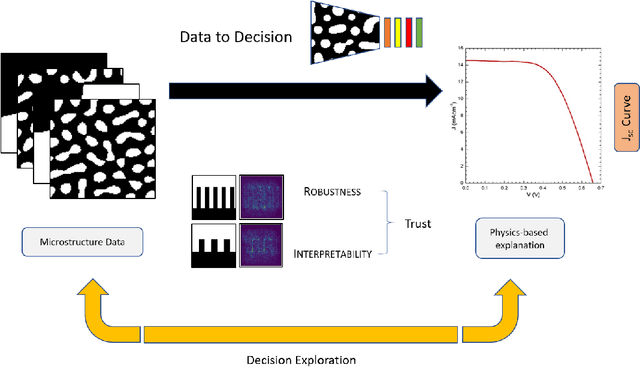

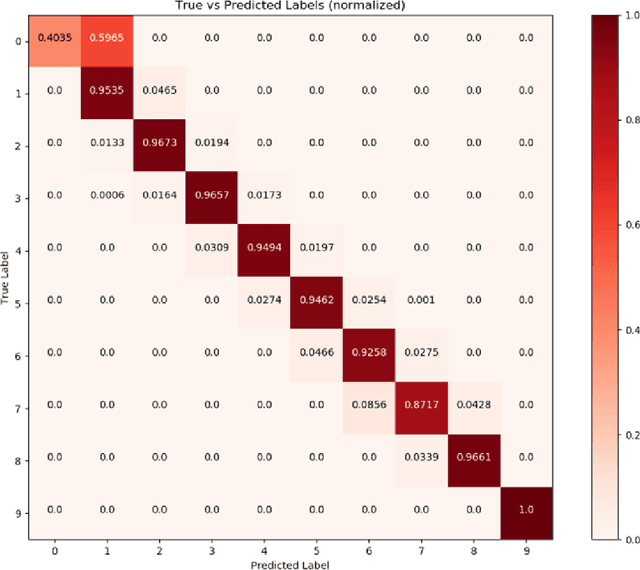
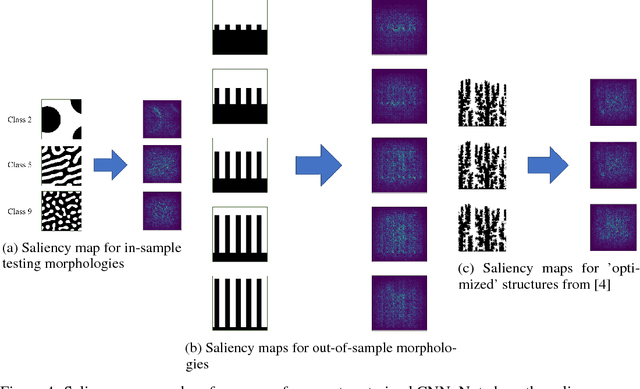
Abstract:The performance of an organic photovoltaic device is intricately connected to its active layer morphology. This connection between the active layer and device performance is very expensive to evaluate, either experimentally or computationally. Hence, designing morphologies to achieve higher performances is non-trivial and often intractable. To solve this, we first introduce a deep convolutional neural network (CNN) architecture that can serve as a fast and robust surrogate for the complex structure-property map. Several tests were performed to gain trust in this trained model. Then, we utilize this fast framework to perform robust microstructural design to enhance device performance.
A Forward-Backward Approach for Visualizing Information Flow in Deep Networks
Nov 16, 2017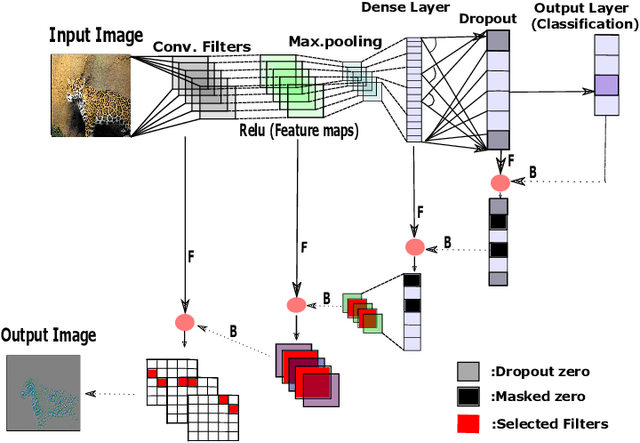
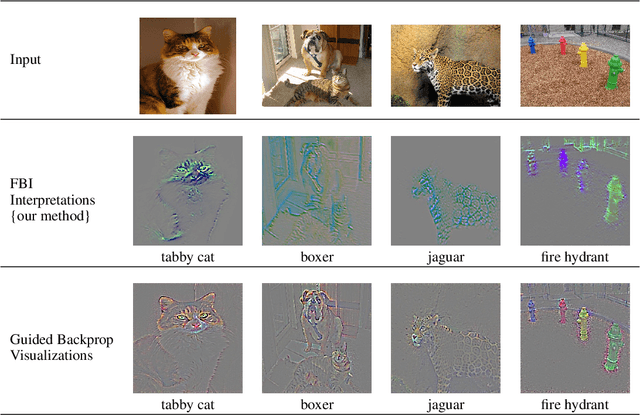
Abstract:We introduce a new, systematic framework for visualizing information flow in deep networks. Specifically, given any trained deep convolutional network model and a given test image, our method produces a compact support in the image domain that corresponds to a (high-resolution) feature that contributes to the given explanation. Our method is both computationally efficient as well as numerically robust. We present several preliminary numerical results that support the benefits of our framework over existing methods.
 Add to Chrome
Add to Chrome Add to Firefox
Add to Firefox Add to Edge
Add to Edge